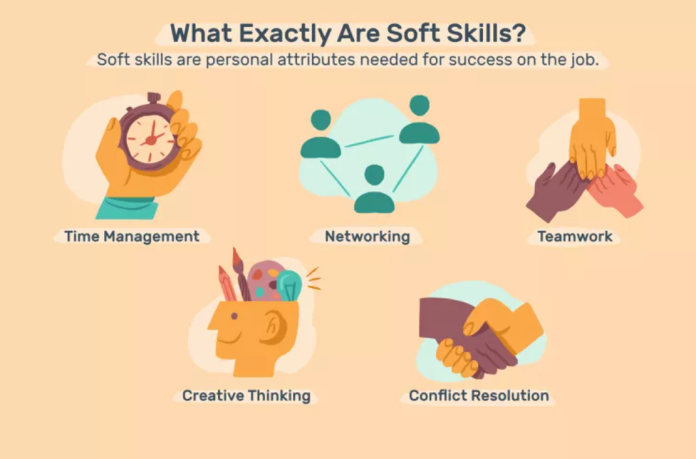Training your construction team is essential for ensuring the successful execution of projects, maintaining safety standards, and creating a culture of continuous improvement. A well-trained team enhances productivity, reduces errors, and promotes a positive work environment, so take note of these valuable tips when training your construction team.
Assess Training Needs
Before developing a training plan, identify your team’s specific skills and knowledge gaps. Conduct assessments to understand where improvements are needed. This could involve analyzing past project performance, evaluating current competencies, and seeking feedback from team members. Remember, construction isn’t just about technical skills. Soft skills like communication, teamwork, and problem-solving are equally crucial.
Tailor Training Programs
Every construction team is unique, so training programs should be tailored to them. They should address the specific needs and challenges of your team. Consider the type of projects you undertake, the equipment you use, and the skill sets required for different roles within your team.
Prioritize Safety Training
Safety should always be a top priority in the construction industry. Ensure that your training programs include comprehensive safety protocols, procedures, and guidelines. From using personal protective equipment (PPE) to following proper equipment operation protocols, a strong safety culture is essential.
Certification and Recognition
Provide opportunities for your team to earn certifications and recognition for completing training programs successfully. Industry-recognized certifications can enhance their credibility and value in the job market. If you are struggling to get certified, then you would benefit from heading to experts like Industrial Compliance & Safety, who help contractors and companies get the certificates they need.
Offer Hands-On Experience
Construction is a hands-on field, so practical experience is crucial for effective learning. Provide opportunities for your team to apply what they’ve learned in real-world scenarios. This can involve on-the-job training, simulations, or even mock projects to simulate actual construction situations.
Invest in Equipment Training
Construction involves operating various types of equipment, machinery, and tools. Provide comprehensive training on the proper use, maintenance, and safety considerations of these elements. Familiarity with equipment enhances efficiency, reduces accidents, and prolongs the lifespan of your tools.
Embrace Technology
Incorporate technology into your training methods. Virtual reality and augmented reality can simulate construction environments, helping trainees practice skills and scenarios in a controlled setting. Online courses and e-learning platforms can also make training more flexible and accessible.
Mentorship and Apprenticeships
Pair experienced workers with newcomers through mentorship programs. Apprenticeships allow new hires to learn from seasoned professionals, gaining valuable insights and hands-on experience.
Continuous Learning Culture
Encourage a culture of continuous learning within your construction team. Keep them updated on industry trends, new techniques, and technological advancements. Offering opportunities for professional development can boost morale and keep your team engaged.
Feedback & Evaluation
Regularly assess the effectiveness of all the training programs you run. Seek feedback from trainees to understand what aspects are working well and where improvements are needed. Adjust your training approach based on this feedback. As well as asking your employees about how well the training has gone, track the impact of your training efforts. Measure key performance indicators (KPIs) such as project completion time, error rates, and safety incidents before and after implementing training programs. This data can help you quantify the benefits of your training initiatives.









